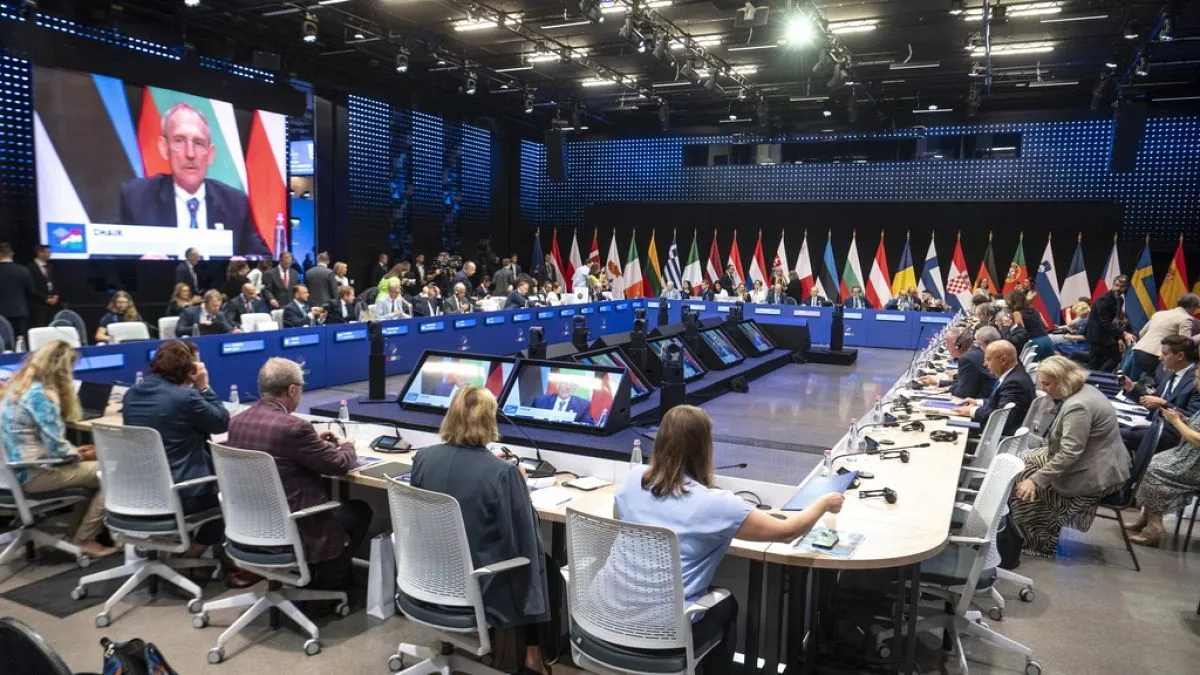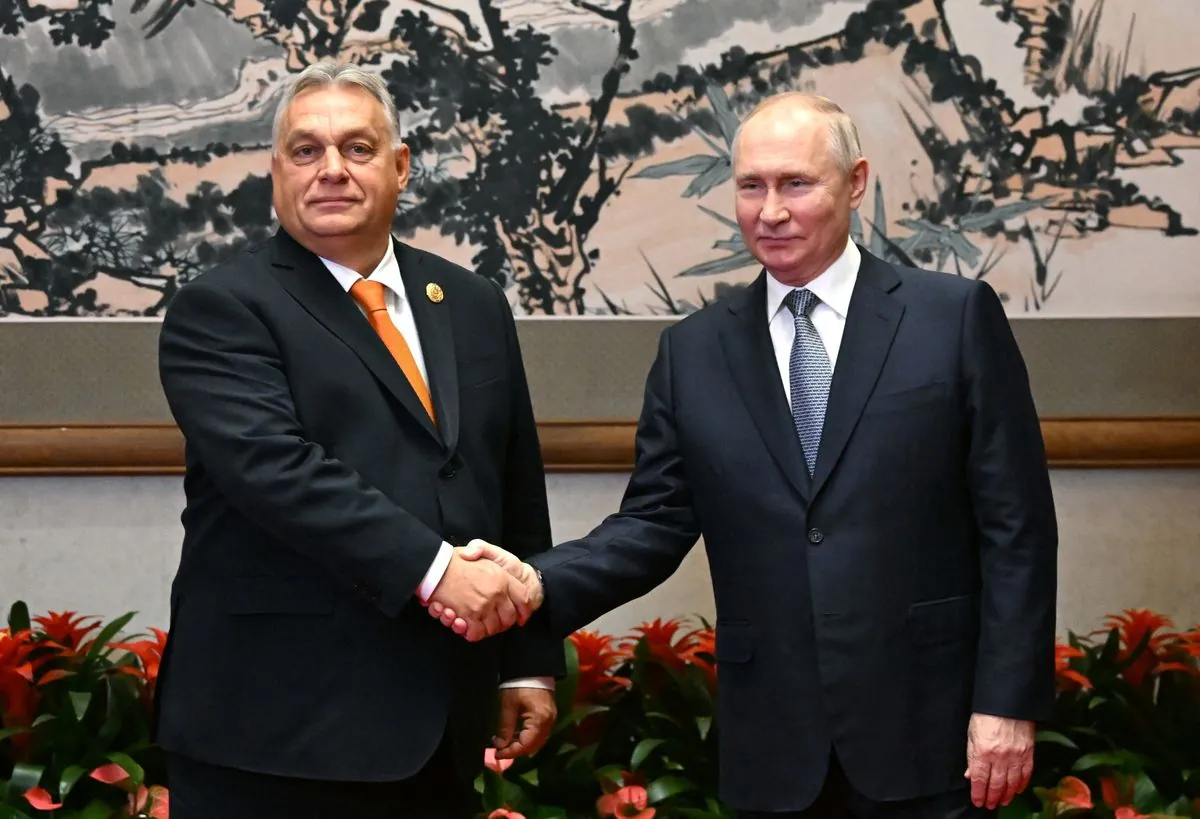EU Ministers Publicly Criticize Hungary's Leadership and Policies
Senior ministers from Ireland, Luxembourg, and Belgium voiced concerns about Hungary's commitment to EU values during its presidency. They highlighted issues with human rights, rule of law, and foreign policy.

In an unprecedented move, high-ranking ministers from Ireland, Luxembourg, and Belgium publicly expressed their concerns about Hungary's adherence to European Union values and standards. This criticism comes as Hungary, a member of the EU since 2004, holds the bloc's rotating presidency, which began in July 2024 and is set to conclude on December 31, 2024.
The ministers' statements highlighted several contentious issues surrounding Hungary's leadership under Prime Minister Viktor Orbán, who has been in office since 2010. These concerns include Hungary's relationship with Russia, its stance on migration and LGBTQ+ rights, and questions about media freedom in the country.
Luxembourg's Foreign Minister, Xavier Bettel, pointedly remarked on Hungarian politicians' apparent "habit" of visiting Moscow, referencing Orbán's recent trip to meet Russian President Vladimir Putin. This visit had already caused consternation among EU partners, who emphasized that Orbán did not represent their interests in such meetings.

Irish European Affairs Minister Jennifer Carroll McNeill stressed the importance of human rights, fundamental freedoms, and the rule of law, stating:
"This is extremely important to us in Ireland: human rights, fundamental freedoms, rule of law. I'm pleased to be here with my colleagues to just further discuss the rule of law and the concerns that we have and as they relate to the future of Europe."
The ministers also revealed that they had held joint meetings with representatives from Hungarian media, civil society, and LGBTQ+ organizations prior to the official gathering chaired by Hungarian European Affairs Minister János Bóka. This move underscores the EU's commitment to engaging with diverse voices within Hungary.
Belgian Minister Hadja Lahbib called for Hungary's presidency to be "ambitious" and work towards uniting the 27 EU member states. She also urged Budapest to lift its veto on EU funds designated for supplying weapons to Ukraine, highlighting the ongoing tensions regarding Hungary's foreign policy positions.
The public nature of these criticisms is particularly noteworthy, as EU member states typically avoid such open reproach of their counterparts. This departure from diplomatic norms reflects the growing frustration with Hungary's policies and actions within the bloc.
It's worth noting that Hungary, a landlocked country in Central Europe with a population of about 9.7 million, has been a member of both the EU and NATO for over two decades. The country's parliament, known as the National Assembly, operates within a unicameral system, and Hungary holds 21 seats in the European Parliament.
As the EU grapples with these internal challenges, the bloc must navigate the delicate balance between maintaining unity and upholding its core values. The coming months of Hungary's presidency will likely be closely scrutinized as the EU seeks to address these concerns and work towards a more cohesive future.


































